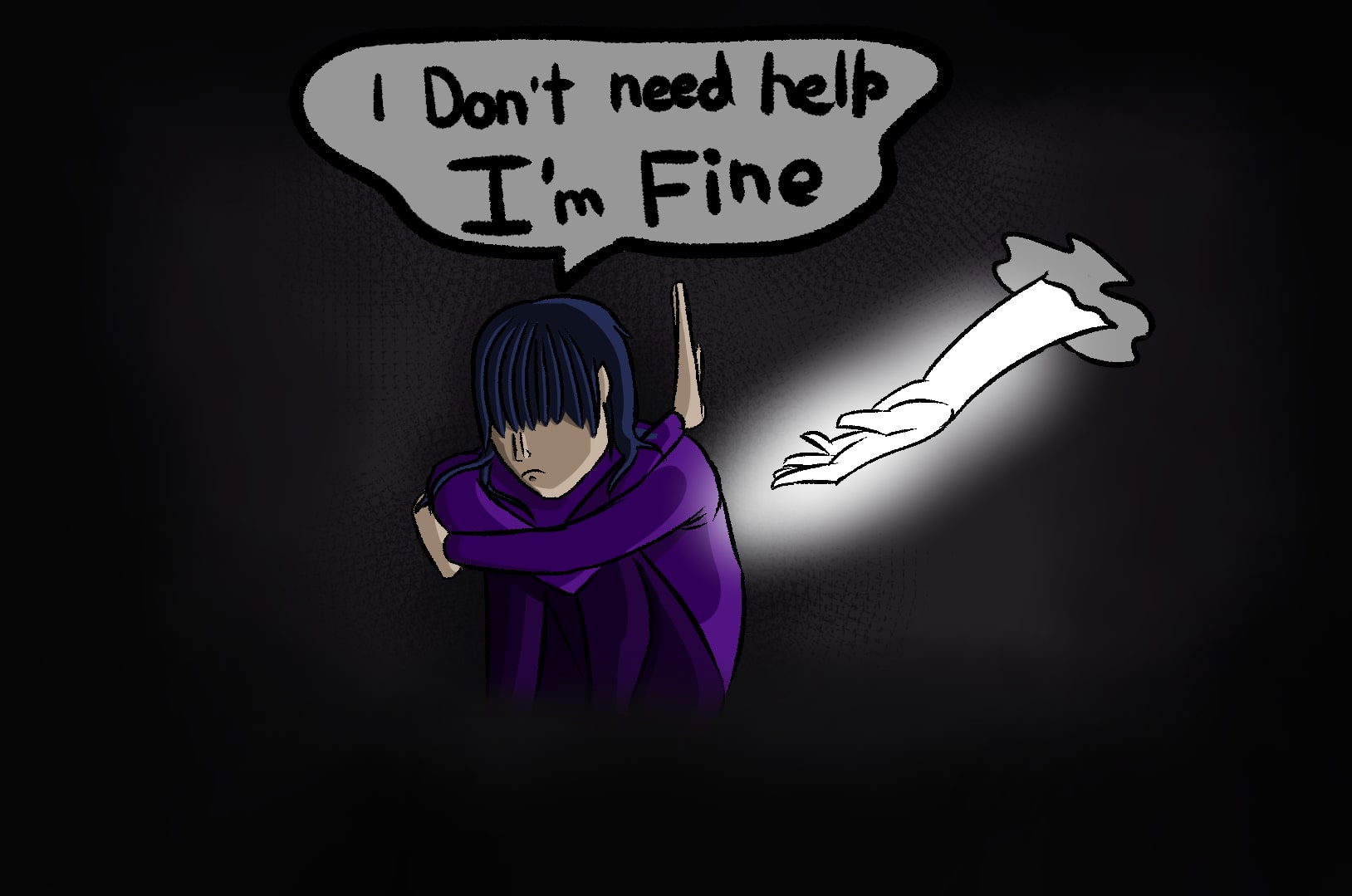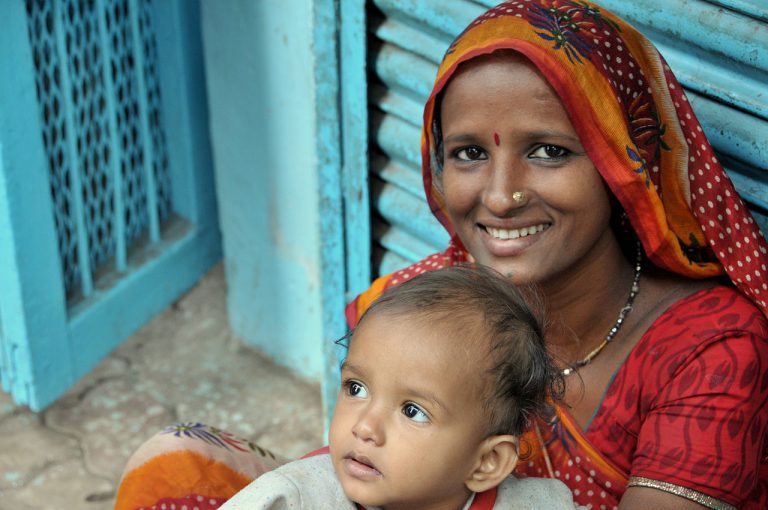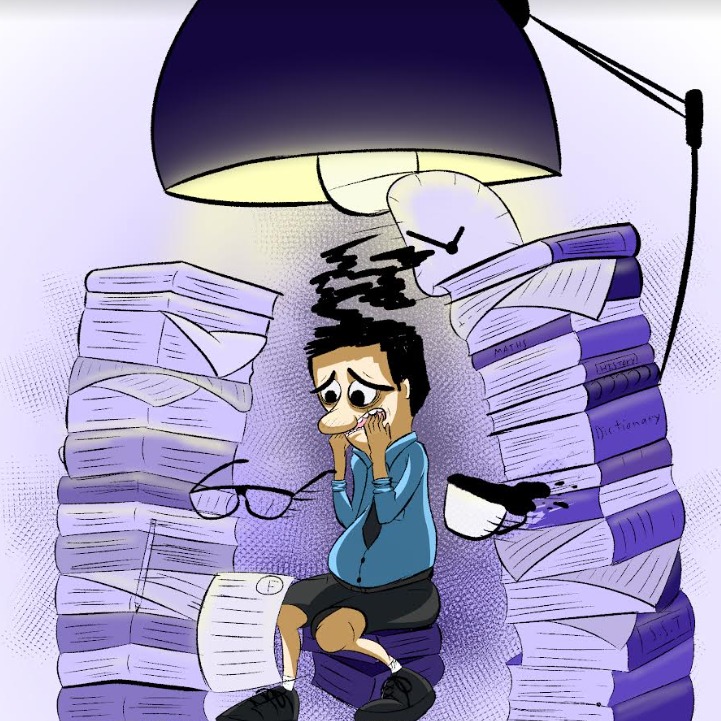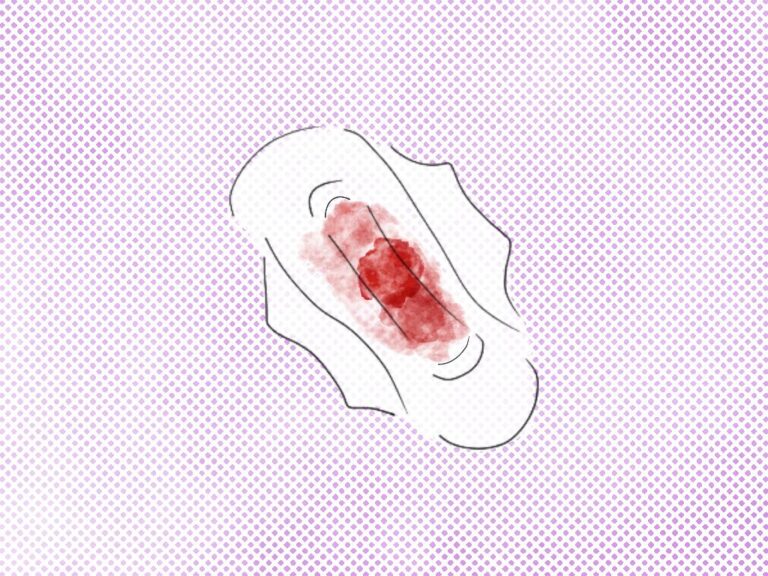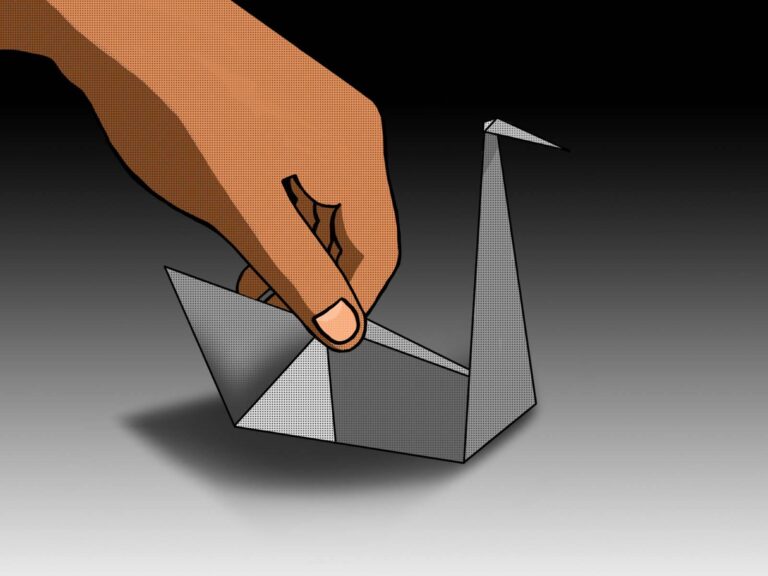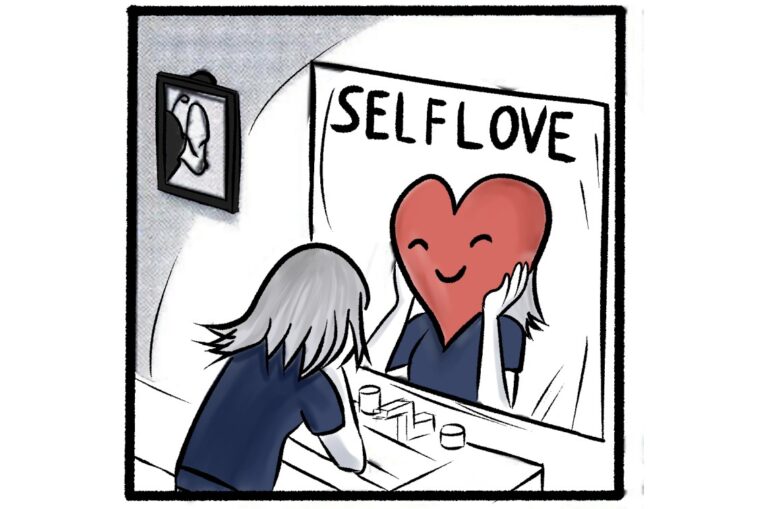Demystifying mental health and mental illness
Many of you may not know that the month of May is dedicated solely to awareness building on the mental health of children and youth. I believe that this is not an issue which should pertain only to a particular month but must be looked upon as an aspect of our day to day life.
We are finding it increasingly difficult to give time to our children, to hold their hands, and constantly assure them that they can share their feelings or emotions with their family members or their close ones. A simple question to the parents: Don’t you have time to talk to your children about the pressures they are facing like peer pressure, family pressure, academic pressure, etc.? Maybe the increasingly hectic humdrum affairs of life are keeping the parents preoccupied.
The WHO constitution states: “Health is a state of complete physical, mental and social well-being and not merely the absence of disease or infirmity.” At any given point of time, nearly 50 million Indian children suffer from mental disorders, and this number will increase if the adolescent population is considered as well.
In psychological terms, when a person suffers pain, the mind’s fracture happens and it’s invisible. If any person is unable to sleep or lose their temper quickly, if nothing seems good or if you don’t feel like working, then it might be possible that this person requires a mental health checkup urgently with a counselor or a psychiatrist to find out if the mind is stressed.
Therefore a patient cannot differentiate between stress and fracture. Only a doctor can do that. The cure is just as insulin reduces diabetes – counseling and medicines can reduce mental distress. Hence it’s very important to treat it.
Young minds Dealing with Depression
Sometimes depression rises so much that we’re emotionally paralyzed or skip into an emotional coma. We’re unable to do the simplest work or talk to anyone, noises seem unbearable, and we want to be alone. In such times, it means that we reach the height of depression or mental anxiety. As per the observations, an 8 or 10-year-old child could more likely suffer from depression. The lower age limit of mental illness is reducing.
Often people think that it is humiliating to go for a mental checkup as they might be called a mental patient. People feel ashamed, but they shouldn’t. We don’t feel ashamed when we suffer from fever. Rather; we want to get cured as soon as possible. Many studies say that Yoga can bring the necessary balance to your system and help in fighting depression.
How should a parent approach a child
Whenever there is a behavioral change in a child, then the parents should have a casual talk with them to know if they are worried about anything. This should be a constant part of parents’ lives. Only then lives of children who are suffering from depression can be improved
The gravity of depression in India
According to research recently every one out of four patients that visit their family doctor was diagnosed with mental illness. Anxiety and depression were the biggest illnesses and 8 to 12% of people required psychiatric treatment. A large number of people suffer from stress. The only point we need to understand is that mental illness is quite common.
Increased cases of Mental health issues in India
These days we tend to rush in our lives. We’ve stopped interacting with people. Our sincere expressions have reduced in day to day conversations. These days children largely go to three kinds of schools. Six hours of school, four hours of coaching classes, and two hours of tuition from mother. They have no time to go out and play. Sports plays a vital role in the mental peace of the young generation. If kids don’t play or sleep well they’re bound to be stressed. We need to understand that both physical and mental health is equally important. If we resolve this problem at this stage then there are fewer chances of depression or major mental illness in the future. This way we can prevent mental fracture.
Other minor mental illnesses in life
There are panic attacks when we feel restless and extremely distressed. Being afraid of flight, heights, lifts, and closed rooms might be some of such symptoms. Besides that, there’s a generalized anxiety disorder. This might lead to negative thinking and anxiety about the future. Common worries that show our behavior toward our family and society is normal are alright.
Sometimes, we get so worried that we are unable to concentrate on work, we cannot relate to others and we dodge people’s calls. We might worry to such an extent that it affects our lives. That’s when we suffer from mental fracture and can gradually slide into major depression. There are medicines and counseling for mental illnesses. There is psychoanalysis and psychotherapy as well. All such treatments are quite effective.
Treatment how many actually receive it?
Only 40 to 50% of the people don’t go for treatment at all. Some seek medical help when it’s too late. Mental illness, like typhoid, can be cured soon if diagnosed early. People run to doctors for heart ailments. They don’t take a chance because it could lead to death. When it’s about mental illnesses it is often found that people make the rounds of temples and dargahs. By doing this they only waste time and may create serious problems. One should have faith, not superstition.
Mental illness is not perceived as an illness in our country and the patient has to bear the brunt of it. Due to the ignorance of these illnesses and lack of awareness about their treatments, families don’t get to know that such illnesses can be cured. The patient’s family often has to deal with pressure and humiliation from society. Hence people tend to keep that particular member who is suffering in hiding. They never bring them out.
In some cases, patients are often either tied up in homes or taken to witch doctors for treatment. At such places, patients are tortured physically under the pretext of warding off evil eyes. We need to bring out robust awareness strategies and policies on mental health issues among children and youth. An schematic is presented below:
Finally, we all have problems, it’s how we deal with them that makes us different. If negative thoughts are burdening you, you can always talk to a friend, parent, teacher or a counselor, healthcare professional or even a helpline. Try to solve your problems and have a healthy and peaceful life.
Featured Image Credits: Külli Kittus on Unsplash


